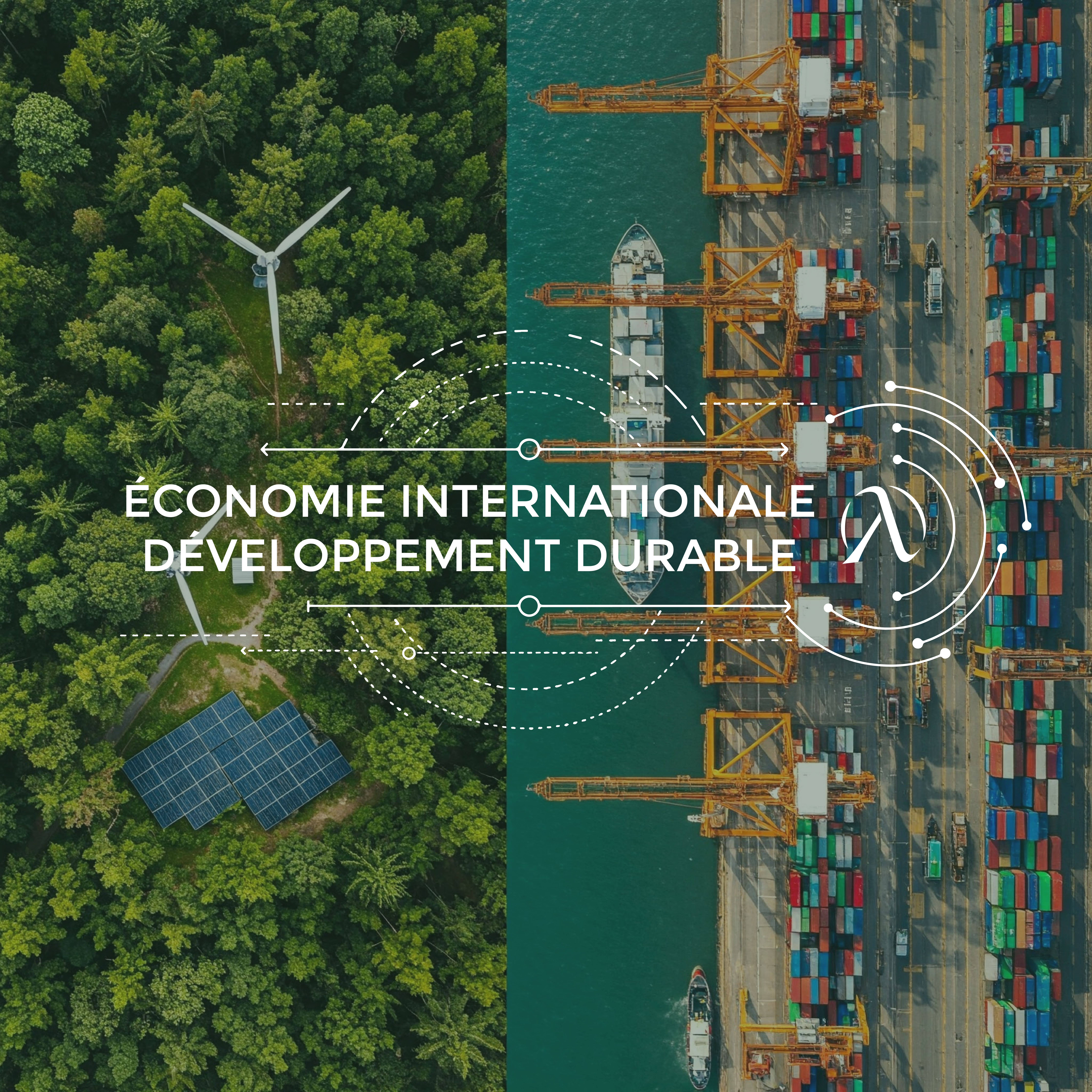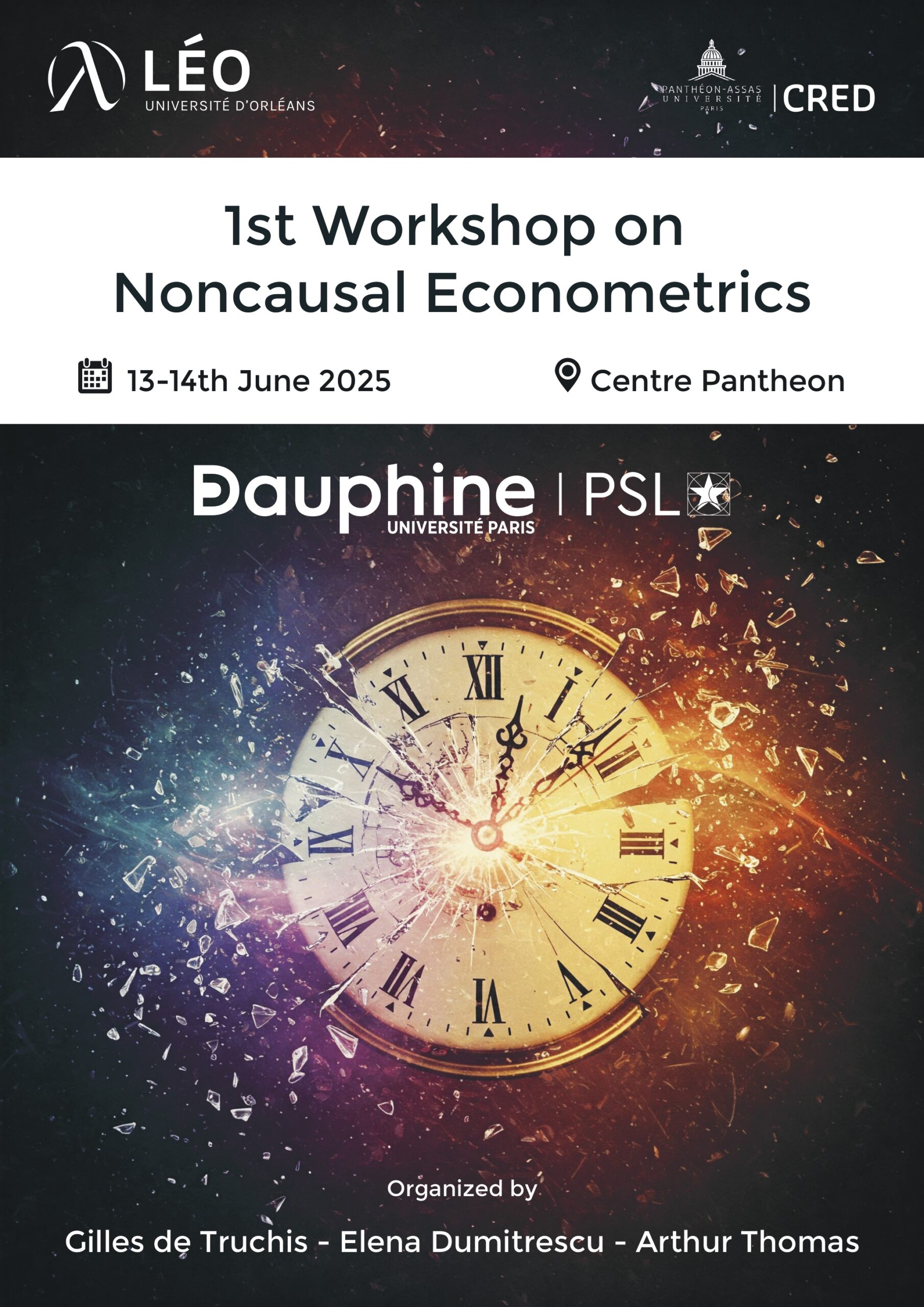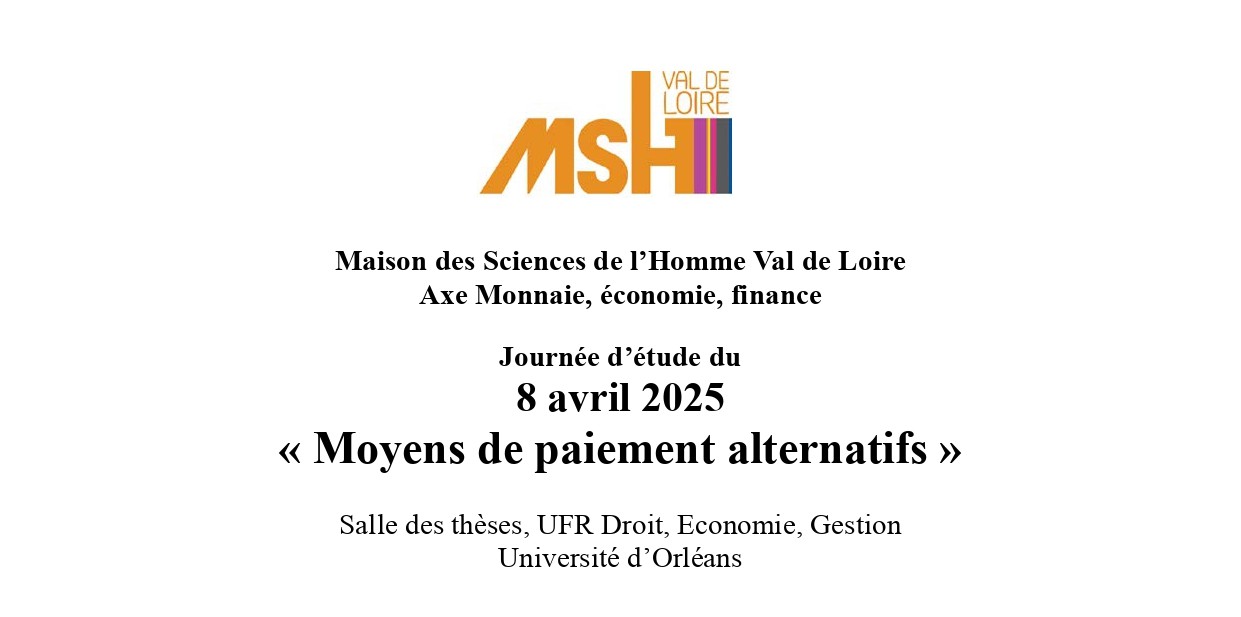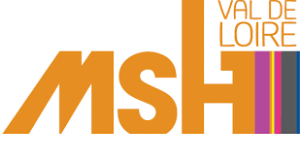Analyse économique des choix d’infiltrations des ménages agricoles dans les espaces protégées : cas des Forêts Classées en Côte d’Ivoire
Date : Jeudi | 2025-03-13 à 12h30
Lieu : Salle des thèses
Lien TEAMS : Cliquez ici pour rejoindre le séminaire du LÉO
Ariane AMIN (Université Félix Houphouët-Boigny et Centre Suisse de Recherches Scientifiques en Côte d’Ivoire)
Dans la lutte contre la déforestation et la dégradation de la biodiversité, l’établissement d’aires protégées demeurent globalement une stratégie dominante en termes de politique publique. La progression de la déforestation au sein même de ces espaces protégées dans certains pays malgré leurs statuts, se révèle être une problématique importante pour les Etats qui établissent ces aires de protection de la biodiversité. En effet, la persistance de la déforestation questionne l’efficacité de la mise en œuvre des politiques environnementales de conservation au sein des Etats concernés. En Côte d’Ivoire, où 50% des forêts classées, qui ont un statut juridique de protection, sont occupées par des plantations agricoles, il existe peu de références dans la littérature qui permettent une compréhension globale des infiltrations dans ces aires de conservation en vue d’informer les politiques. Ce travail de recherche vise à combler ce gap en examinant les décisions d’infiltrations des ménages agricoles dans les forêts classées en tant que domaine public protégé en Côte d’Ivoire. Ce papier développe un modèle de choix binaire de propension à l’infiltration d’un ménage agricole et le teste empiriquement sur la base d’une enquête de 1314 ménages autour de différentes forêts classées dans les zones Est, Ouest, Sud-Ouest et Centre Ouest de la Côte d’Ivoire. Les résultats montrent que la perception de droits de propriété informel par les ménages agricoles autochtones est un facteur déterminant dans l’explication des infiltrations dans les forêts classées en Côte d’Ivoire. Nos résultats confirment également l’effet des faibles moyens de contrôle dans les forêts classées, de l’expérience des pairs et des signaux de prix des cultures de rente dans la dégradation des forêts classées en Côte d’Ivoire.









